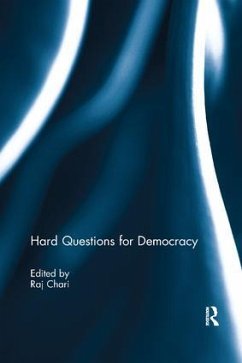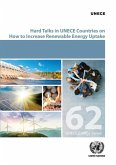The recent financial and economic crisis has forced governments and people from around the globe to ask some hard questions about how democracy has evolved. Some of these are old questions; others are new. Is democracy really the most desirable form of government? How democratic is policy-making during the financial and economic crisis? Why do vote-seeking parties in modern democracies actually make voters miserable? Can women's under-representation in politics be explained because of voter bias? Why are some citizens still excluded from voting in their country? And can terrorist organizations that promote violence one day, really become democratic the next? This represents the first book of its kind to ask and answer a broad range of hard questions that need to be addressed in times of both flux and calls for democratic change throughout the world. It does so by bringing together leading social scientists and rising stars from around the globe. Interdisciplinary in its analysis, it is essential reading for students of comparative and international politics, political philosophy, gender studies and economics. The book's website can be found at: www.democracyquestions.com and it was originally published as a special issue of Irish Political Studies.
Hinweis: Dieser Artikel kann nur an eine deutsche Lieferadresse ausgeliefert werden.
Hinweis: Dieser Artikel kann nur an eine deutsche Lieferadresse ausgeliefert werden.








